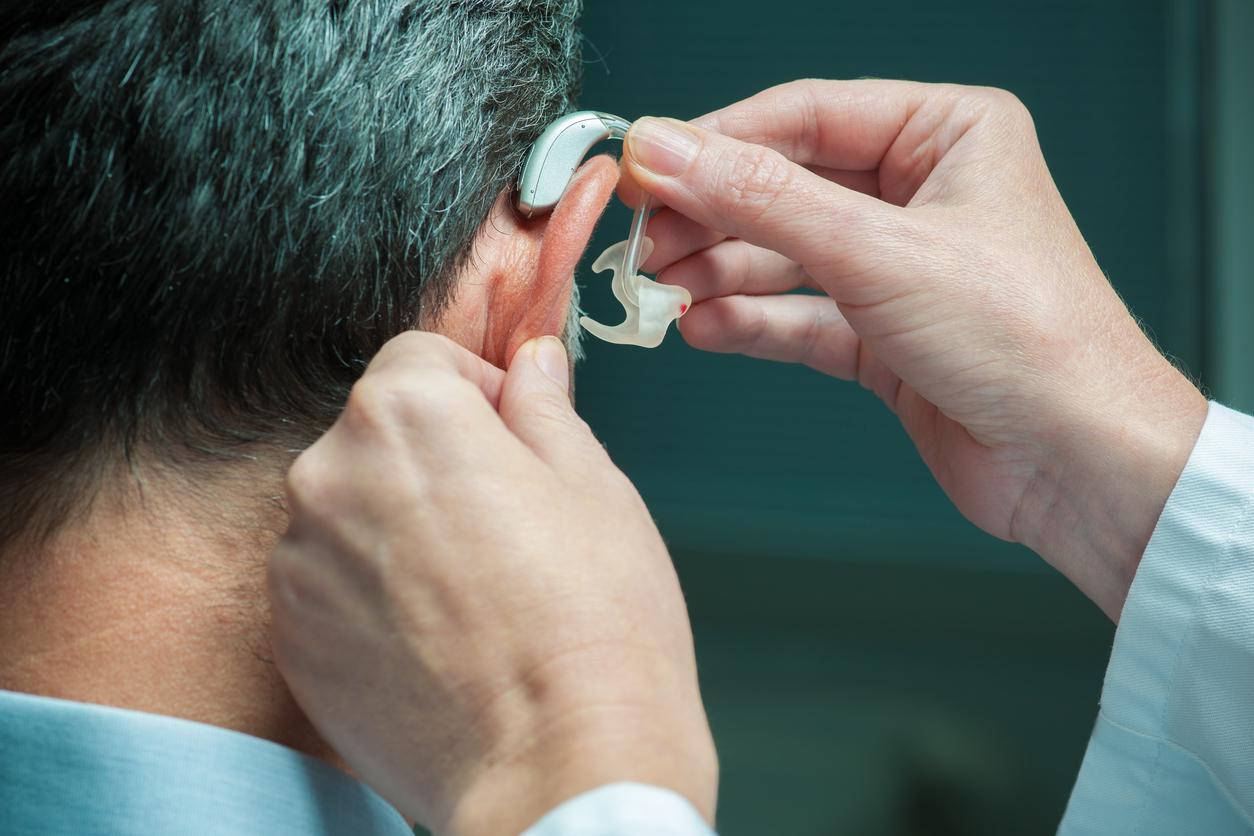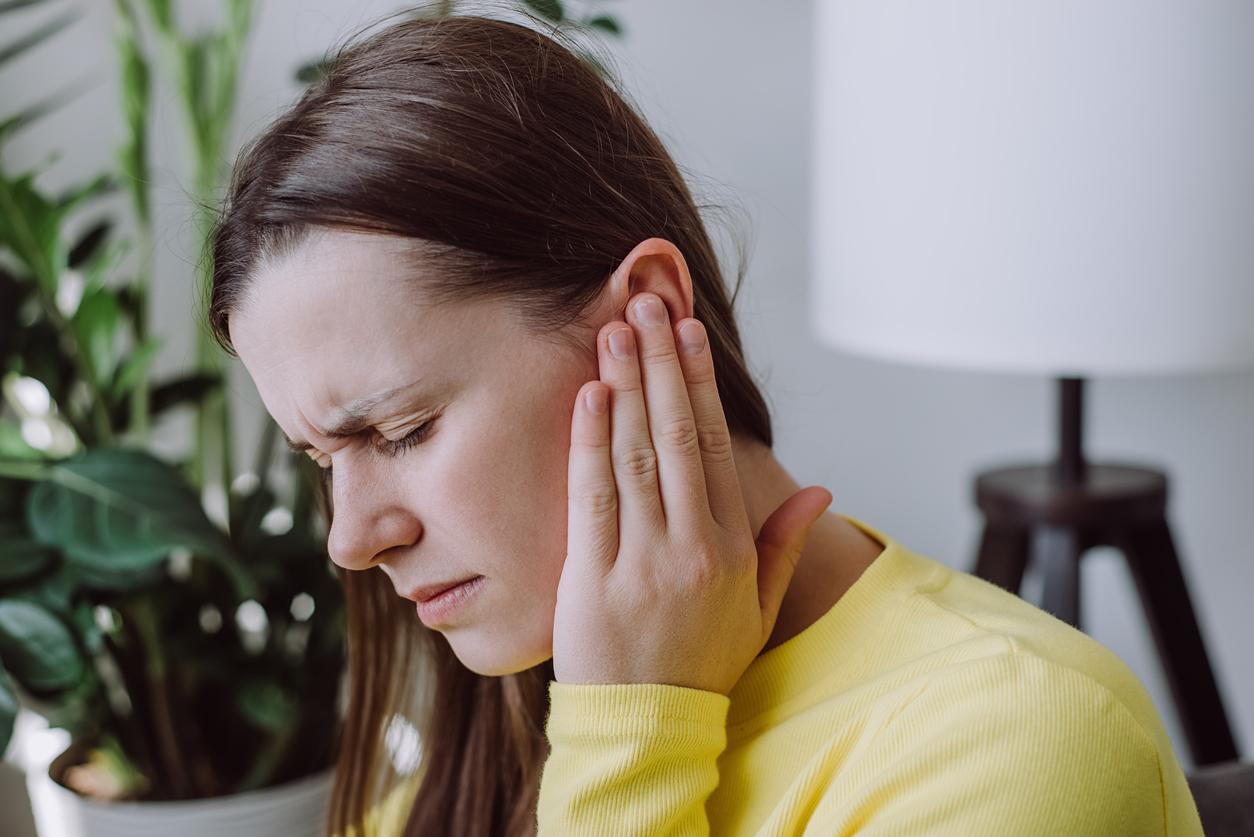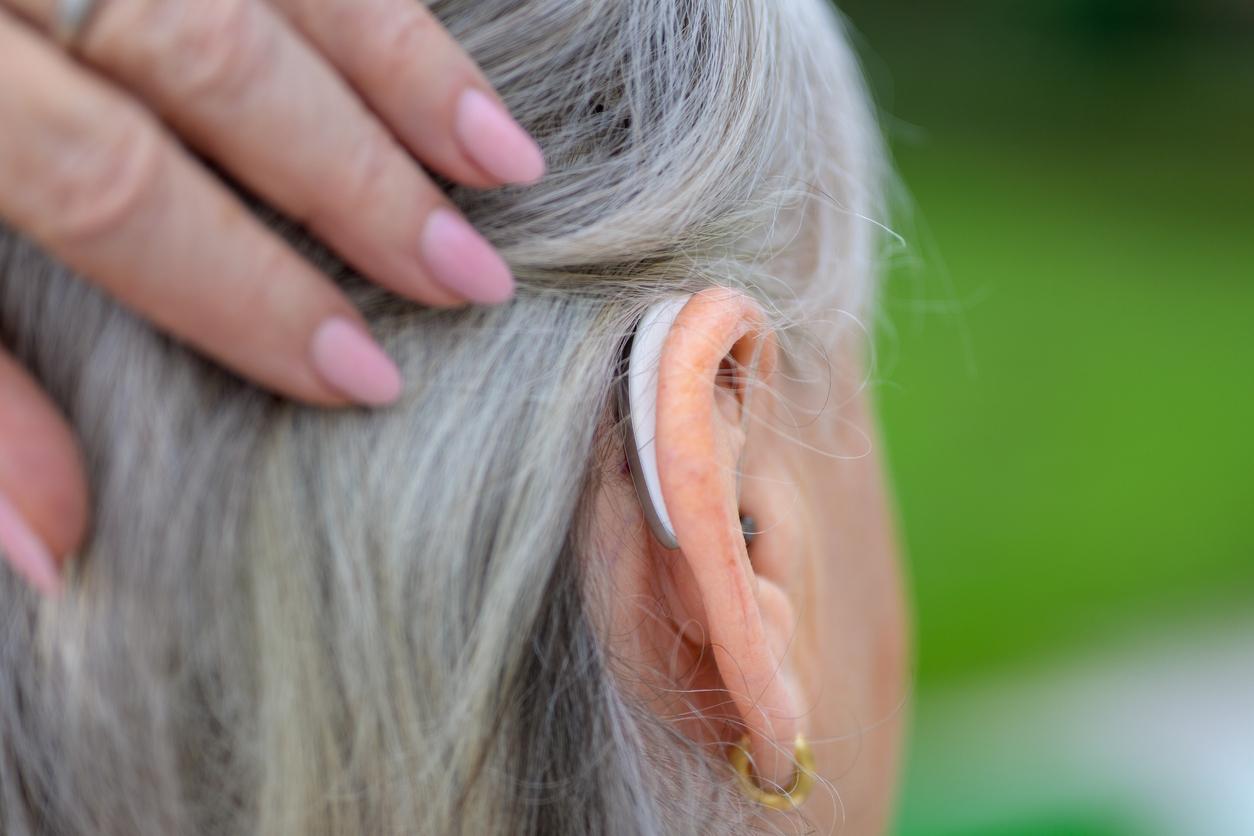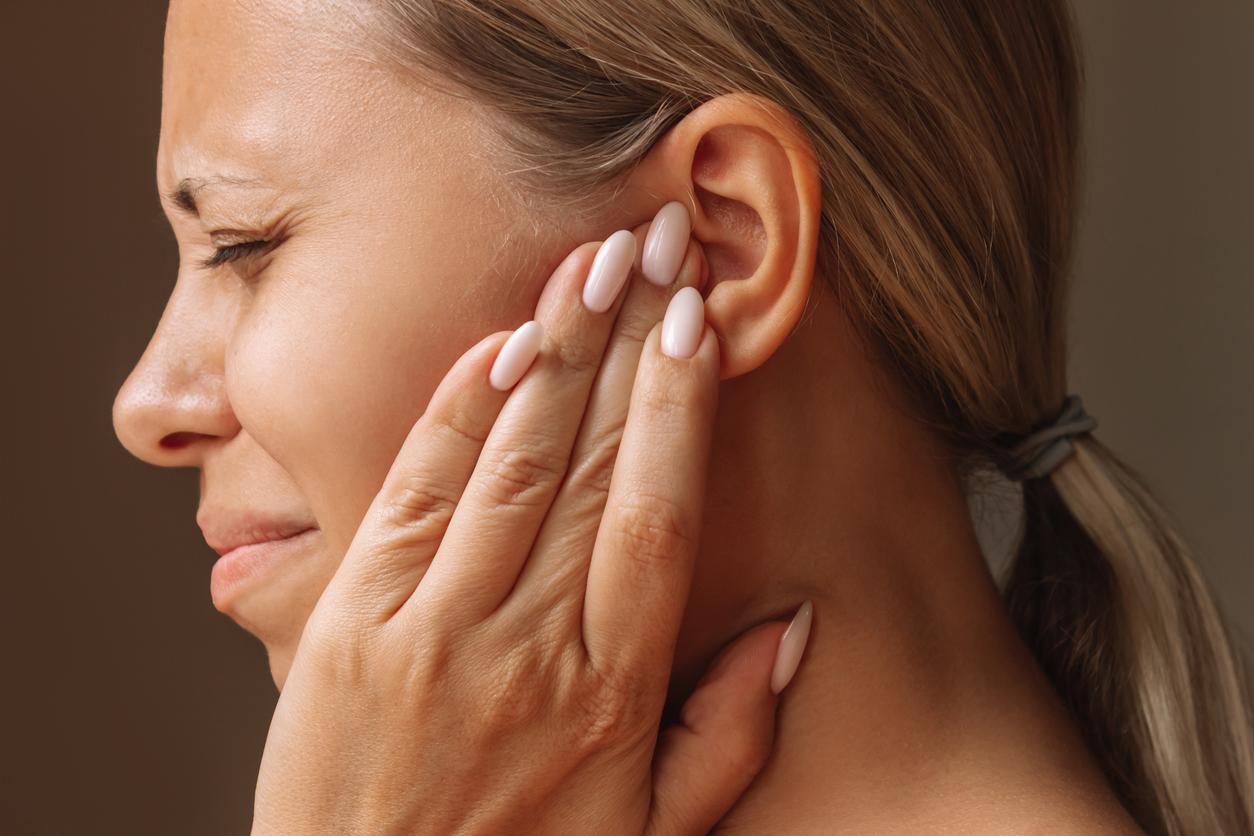
Traveling with a hearing aid
Whether you’re going away for a weekend or have a wonderful long vacation planned, traveling doesn’t have to be difficult at all when you wear hearing aids. But there are a number of points to note. Tips for traveling with a hearing aid.
The bags are packed and you are ready to travel. Be sure to check whether you have packed all the supplies for your hearing aids. Think of:
- Storage box/dry box
- Possibly an extra waterproof storage box
- Extra batteries if you have a non-rechargeable hearing aid
- Charger in case of rechargeable hearing aid batteries
- Travel plug and possibly voltage converter
- cleaning kit
- Extra filters, tubes and earpieces
- Your hearing aid manual (just in case…)
- Optional: a safety lanyard so you don’t lose your hearing aids during sports activities
It is advisable to put the above items in your hand luggage, so that you have them to hand in the unlikely event that something goes wrong with your luggage. It can also be useful to have the hearing care professional do a preventive check before departure. Also, don’t forget to fully charge your hearing aids before you leave for your holiday destination.
What about your insurance?
An accident is in a small corner, at home but also on vacation. It is therefore wise to know in advance what the situation is in the event of damage, loss or theft of your hearing aid. Health insurers assume that you will have a hearing aid for at least five years. If it has to be replaced in the meantime, for example because it is broken or stolen, your health insurance will not reimburse this. Sometimes you can contact your household insurance for damage to your hearing aid, but this only applies to damage that occurs at home. That is of no use to you on holiday. While on holiday, your hearing aid is insured under the luggage cover of your travel insurance. There must be at least one night’s stay in your stay. In addition, the travel insurance reimburses a maximum amount for your hearing aid. You will find this amount in the conditions.
Read also: How long does a hearing aid last?
A special hearing insurance?
With most hearing care professionals you can immediately take out insurance when purchasing your hearing aid. This protects you against loss, irreparable damage and theft. Most insurance policies through the hearing care professional have an ‘after-you clause’. This means that if the damage is also covered by the travel insurance, it must first pay out. If the travel insurance does not cover the full amount needed for the replacement hearing aid, the hearing aid insurance sometimes reimburses the rest. In all cases, if you lose your hearing aid or if it is stolen, you must report it to the police if you want to claim the damage on your travel insurance.
Are you traveling by plane?
Plane, boat, car: there are several ways to get to your destination. Good to know: If you are traveling by plane, you can keep your hearing aids in the security check, unless the airport staff asks you to take them off. It is useful to mention that you wear hearing aids. Metal detectors do not harm your hearing aid, nor do they affect the settings or batteries of your device.
Even at the airport, just keep your hearing aids in, despite the fact that all the buzz and the crowds may then come in even more. The devices also ensure that you can easily follow the information and instructions of the airport staff. Please indicate at check-in that you have hearing loss and therefore do not want to sit in a row at the emergency exit. In the event of an emergency, the assistance of this row is called in by the cabin crew. When checking in online, you can of course find a spot away from the emergency exit yourself.
As for the flight itself, some people like to take off their hearing aid when descending or ascending, but it is not necessary. In any case, it is advisable to retain the aircraft during the flight, so that you do not miss any important information. The difference in cabin pressure will not affect your hearing aid, but for Bluetooth compatible hearing aids, your phone’s flight mode may affect how your device works. This is of course easy to check in advance, so that you are not faced with surprises. Often airlines also provide suitable headphones or headsets if you want to use the audio system on board.
Are you traveling by car?
It goes without saying that it is a good idea to keep your hearing aids in when you are driving. Keep the windows closed; then not only does any air conditioning work optimally, but you are also not bothered by the sound of the wind. If you are a co-driver, you can take your hearing aids off if you want to take a nap. Remember not to leave your hearing aid in a sweltering car for too long as it may overheat.
Sun, sea and beach
Once you get to your destination and want to take a dip, take your hearing aids off of course. Do this even if your hearing aid is water resistant, as this only applies to short-term and superficial contact with water. Now that waterproof storage box comes in handy, because it’s important to shield your hearing aid from sand and seawater. Salt water leaves behind salt crystals that affect the functionality of your hearing aid. Also be careful with sunscreen and other cosmetics, because these chemicals can damage your device with direct contact. In any case, wash your hands after using such products. Do you perspire a lot? Then dry your ears regularly to prevent irritation (swimmer’s ear) and not to damage your hearing aid. Dry your hearing aids thoroughly every night in warm countries. In the case of rechargeable devices, the charger is usually a dry box at the same time.
One last useful tip: before you leave, check which sights with hearing aids you can visit at your destination. Think, for example, of theatres, concert halls or concert halls that are equipped with induction loops, with which you can stream sound directly to your hearing aids, or of museums and guidebooks where you can possibly use Bluetooth. The manual for your hearing aid explains how to receive the sound of a loop loop on your device. So read this carefully before you go on holiday.

















